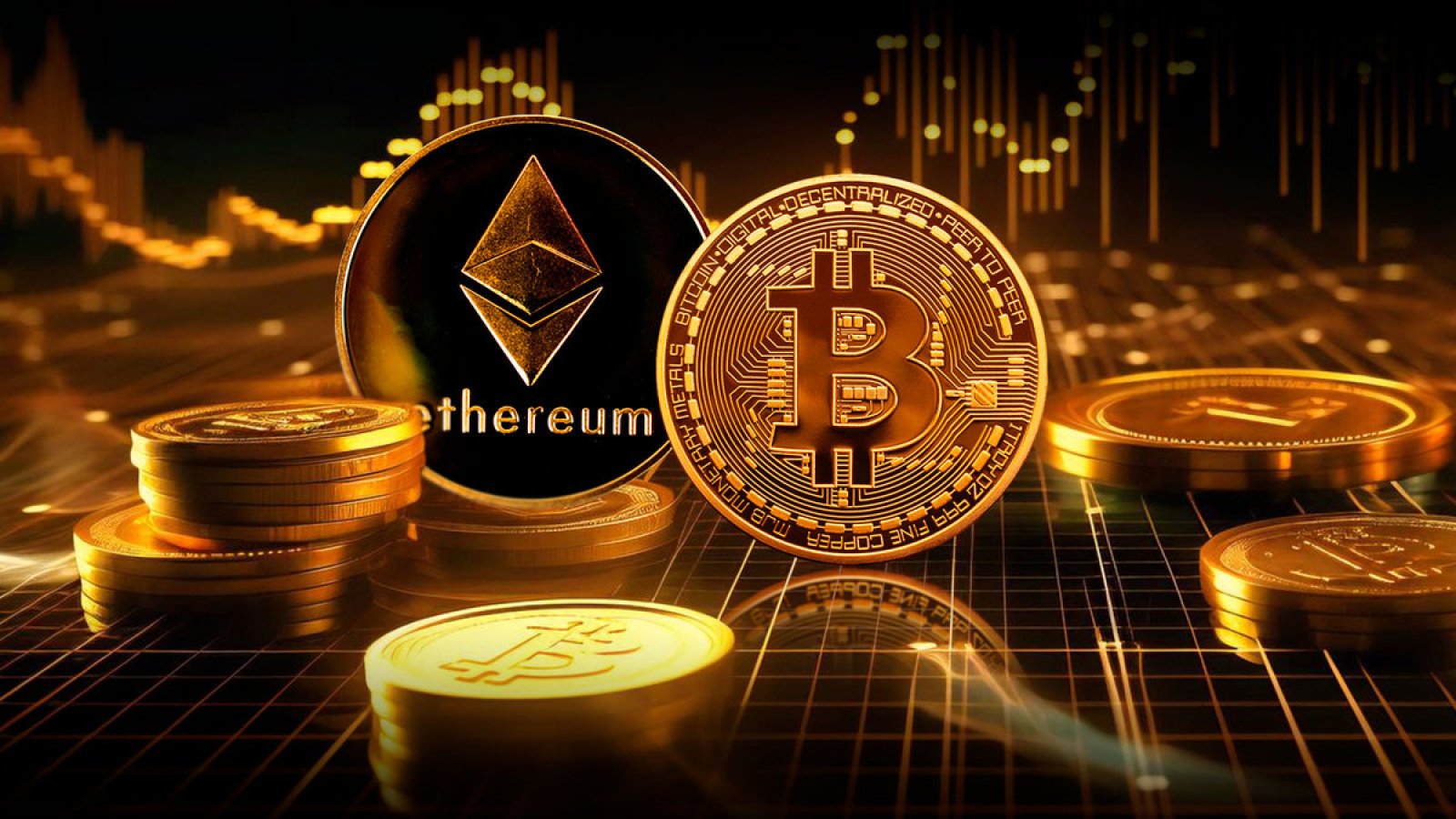Rise by Six: Your Daily Dose of Inspiration
Explore insights and stories that elevate your day.
ETH and Chill: What You Need to Know to Get Started
Unlock the secrets of Ethereum! Dive into our guide, ETH and Chill, for everything you need to kickstart your crypto journey today!
Understanding Ethereum: A Beginner's Guide
Ethereum is a decentralized, open-source blockchain platform that enables developers to build and deploy smart contracts and decentralized applications (dApps). Launched in 2015 by Vitalik Buterin and other co-founders, Ethereum's primary innovation lies in its ability to execute programmable contracts without the need for intermediaries. This makes it a powerful tool for various use cases, ranging from finance to supply chain management. Unlike Bitcoin, which is primarily a digital currency, Ethereum offers a robust environment for creating applications that can automate processes, manage data, and facilitate complex interactions.
To get started with Ethereum, beginners should familiarize themselves with key concepts such as Ether (ETH), which is the native cryptocurrency of the platform, and gas, the internal pricing mechanism for running transactions and executing smart contracts. Understanding how to set up a wallet, purchase Ether, and interact with dApps is essential for anyone looking to navigate the Ethereum ecosystem. Additionally, it's beneficial to explore some of the prominent projects built on Ethereum, such as decentralized finance (DeFi) applications and non-fungible tokens (NFTs), to grasp the potential of this innovative technology and its impact on the digital landscape.

Top 5 Common Myths About Ethereum Debunked
Ethereum, often regarded as the second most significant cryptocurrency after Bitcoin, is surrounded by a myriad of misconceptions. One prevalent myth is that Ethereum is solely a digital currency like Bitcoin. In reality, Ethereum serves as a decentralized platform that enables developers to create and deploy smart contracts and decentralized applications (dApps). This functionality distinguishes Ethereum from other cryptocurrencies, allowing it to be utilized for various purposes beyond mere transactions.
Another common myth is that Ethereum is not scalable. Critics often point to the network's congestion during peak times as evidence. However, developments like Ethereum 2.0 and Layer 2 solutions are actively working to enhance scalability. These advancements will allow Ethereum to handle significantly more transactions per second, paving the way for broader adoption and integration into various industries.
How to Buy and Store Ether Safely
Buying and storing Ether safely is crucial for those investing in cryptocurrency. First, you need to choose a reliable platform to purchase Ether, whether it's a cryptocurrency exchange like Coinbase or Binance, or a peer-to-peer marketplace like LocalBitcoins. Once you’ve chosen your platform, follow these basic steps:
- Create an account and complete any necessary identity verification.
- Fund your account using a bank transfer or credit card.
- Place an order for Ether at the current market price or set a limit order.
After purchasing Ether, proper storage is key to keeping your assets safe. It’s advisable to transfer your Ether to a secure wallet rather than leaving it on an exchange, as exchanges can be vulnerable to hacks. You can choose between various types of wallets:
- Hardware Wallets: These are physical devices that store your Ether offline, providing enhanced security.
- Software Wallets: These can be installed on your computer or mobile device, giving you easy access to your funds.
- Paper Wallets: This involves printing your Ether keys on paper and storing them in a safe place.